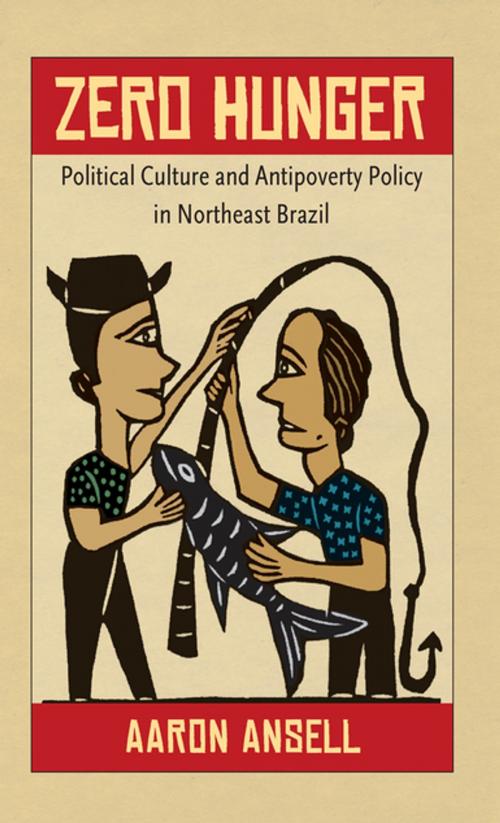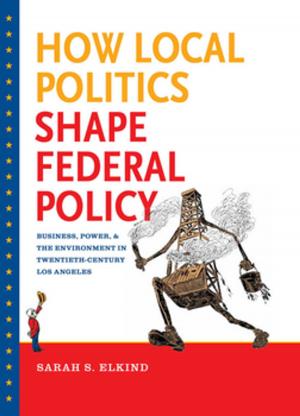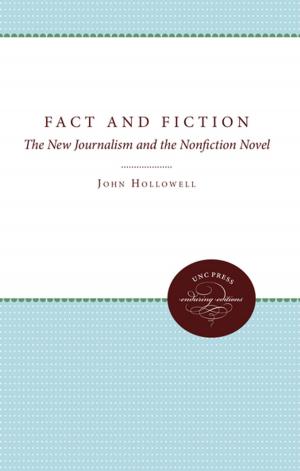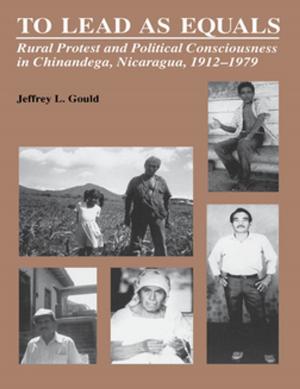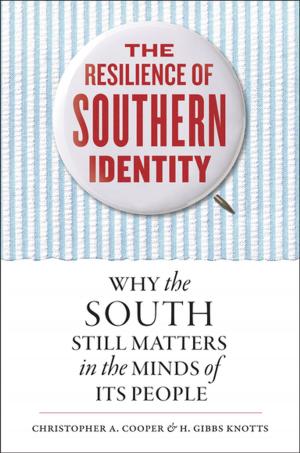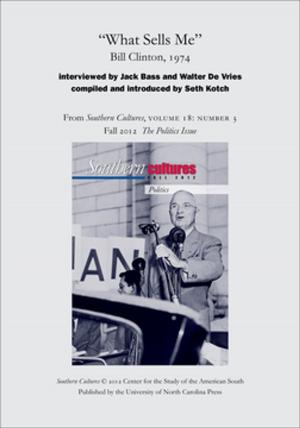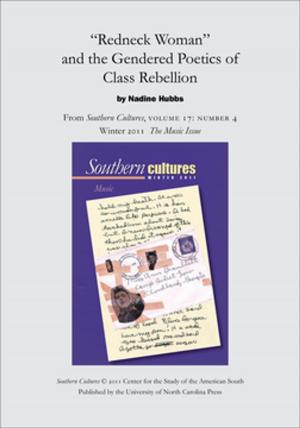Zero Hunger
Political Culture and Antipoverty Policy in Northeast Brazil
Nonfiction, Social & Cultural Studies, Political Science, Government, Social Policy, Social Science, Anthropology, Sociology| Author: | Aaron Ansell | ISBN: | 9781469613987 |
| Publisher: | The University of North Carolina Press | Publication: | May 19, 2014 |
| Imprint: | The University of North Carolina Press | Language: | English |
| Author: | Aaron Ansell |
| ISBN: | 9781469613987 |
| Publisher: | The University of North Carolina Press |
| Publication: | May 19, 2014 |
| Imprint: | The University of North Carolina Press |
| Language: | English |
When Luiz Inacio Lula da Silva of Brazil's Workers' Party soared to power in 2003, he promised to end hunger in the nation. In a vivid ethnography with an innovative approach to Brazilian politics, Aaron Ansell assesses President Lula's flagship antipoverty program, Zero Hunger (Fome Zero), focusing on its rollout among agricultural workers in the poor northeastern state of Piaui. Linking the administration's fight against poverty to a more subtle effort to change the region's political culture, Ansell rethinks the nature of patronage and provides a novel perspective on the state under Workers' Party rule.
Aiming to strengthen democratic processes, frontline officials attempted to dismantle the long-standing patron-client relationships--Ansell identifies them as "intimate hierarchies--that bound poor people to local elites. Illuminating the symbolic techniques by which officials attempted to influence Zero Hunger beneficiaries' attitudes toward power, class, history, and ethnic identity, Ansell shows how the assault on patronage increased political awareness but also confused and alienated the program's participants. He suggests that, instead of condemning patronage, policymakers should harness the emotional energy of intimate hierarchies to better facilitate the participation of all citizens in political and economic development.
When Luiz Inacio Lula da Silva of Brazil's Workers' Party soared to power in 2003, he promised to end hunger in the nation. In a vivid ethnography with an innovative approach to Brazilian politics, Aaron Ansell assesses President Lula's flagship antipoverty program, Zero Hunger (Fome Zero), focusing on its rollout among agricultural workers in the poor northeastern state of Piaui. Linking the administration's fight against poverty to a more subtle effort to change the region's political culture, Ansell rethinks the nature of patronage and provides a novel perspective on the state under Workers' Party rule.
Aiming to strengthen democratic processes, frontline officials attempted to dismantle the long-standing patron-client relationships--Ansell identifies them as "intimate hierarchies--that bound poor people to local elites. Illuminating the symbolic techniques by which officials attempted to influence Zero Hunger beneficiaries' attitudes toward power, class, history, and ethnic identity, Ansell shows how the assault on patronage increased political awareness but also confused and alienated the program's participants. He suggests that, instead of condemning patronage, policymakers should harness the emotional energy of intimate hierarchies to better facilitate the participation of all citizens in political and economic development.
